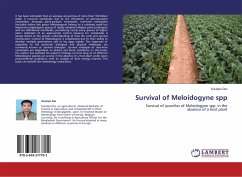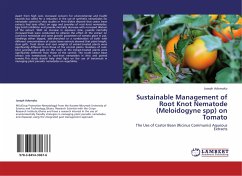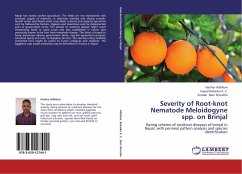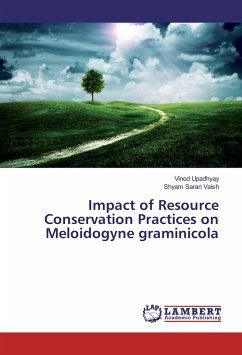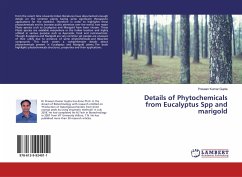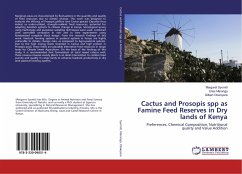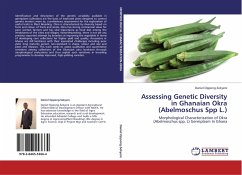It has been estimated that an average annual loss of more than 100 billion dollar is incurred worldwide due to the infestation of plant-parasitic nematodes. Amongst plant-parasitic nematodes, root-knot nematodes (included within the genus Meloidogyne) belong to a relatively small but important polyphagous group of highly adapted obligate plant pathogens and are distributed worldwide, parasitizing nearly every species of higher plant. Adoption of an appropriate control measure for nematodes is always linked to the proper understanding of their life cycle and survival mechanisms. Control of Meloidogyne is complicated due to their ability to develop multiple generations and to lay eggs rapidly. The responses of organisms to the particular biological and physical challenges are commonly known as survival strategies'. Survival strategies of root-knot nematodes are dependent on abiotic and biotic conditions. In this book, the author has outlined his research findings on how long J2 of different Meloidogyne species can survive in the absence of a host plant under given environmental conditions, with an analysis of their energy reserves. The book can benefit the nematology researchers.
Bitte wählen Sie Ihr Anliegen aus.
Rechnungen
Retourenschein anfordern
Bestellstatus
Storno

